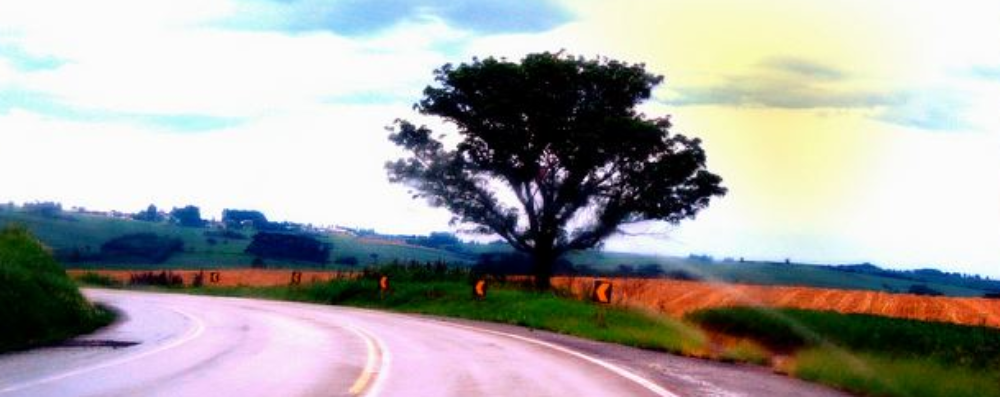Wer von euch Deutschbrasilianern/Innen kennt noch das Wort RADAU? Ich habe es in meinem Kopf von Kinderzeit an … Wie ich ein Teenager wurde, sind ich dann permanent weg von Derheem und von meiner Gemeinde. Nicht viel später, auswanderte ich hierher nach Nordamerika. Nach mehreren Jahren, wie ich schon längst flüssig in Englisch geworden war, habe ich das Wort Ratau wieder gehört, dieses Mal in einem Liedchen aus Deutschland “Die Vögel machen viel Radau …” (
Quem de vocês teutobrasileiros/as ainda conhece a palavra RADAU? Eu a tenho em minha cabeça desde meus tempos de criança … Quando me tornei adolescente, eu saí de casa permanentemente, para longe de minha casa e de minha comunidade. Não muito tempo depois eu me mudei para cá, para a América do Norte. Passados muitos anos, quando eu já tinha alcançado fluência no inglês, eu escutei outra vez a palavra Radau, desta vez em uma cançãozinha da Alemanha (Vogelhochzeit / Casamento de passarinhos). E então, como me acontece em situações similares, brotou outra vez em meu coração esta palavra, imediatamente doce e querida – certamente dado o contexto dessa maravilhosa e encantadora canção infantil. Aí a gente pode até se admirar: O que é que há em tais palavras? E porquê a nossa língua materna, mesmo depois de tanto tempo, ainda consegue nos comover tão profundamente, podendo sempre nos ser tão preciosa e bela?
Who of you, my fellow German-Brazilians still know the word RADAU? I have it in my head since my childhood … When I became an adolescent, I moved far away from my home and my community. Not long after that a moved here to North America. After many years had past, when I already had achieved fluency in the English language, I heard the word Radau again, this time in a little song from Germany called Vogelhochzeit or Bird Wedding. And then, as it often happens in similar situations, all of a sudden this word resprouted in my heat, immediately sweet and dear – no doubt, given the context of this wonderful and charming children’s song. And so, this can really drive a person to ponder: What is it then with such words? And why can our mother tongue, even after such a long time, continue to touch us so deeply, and still be so beautiful and precious to us?
Visie nossa comunidade de dialeto Hunsriqueano Riograndese no Facebook, marque CURTIR a página, e participe:




